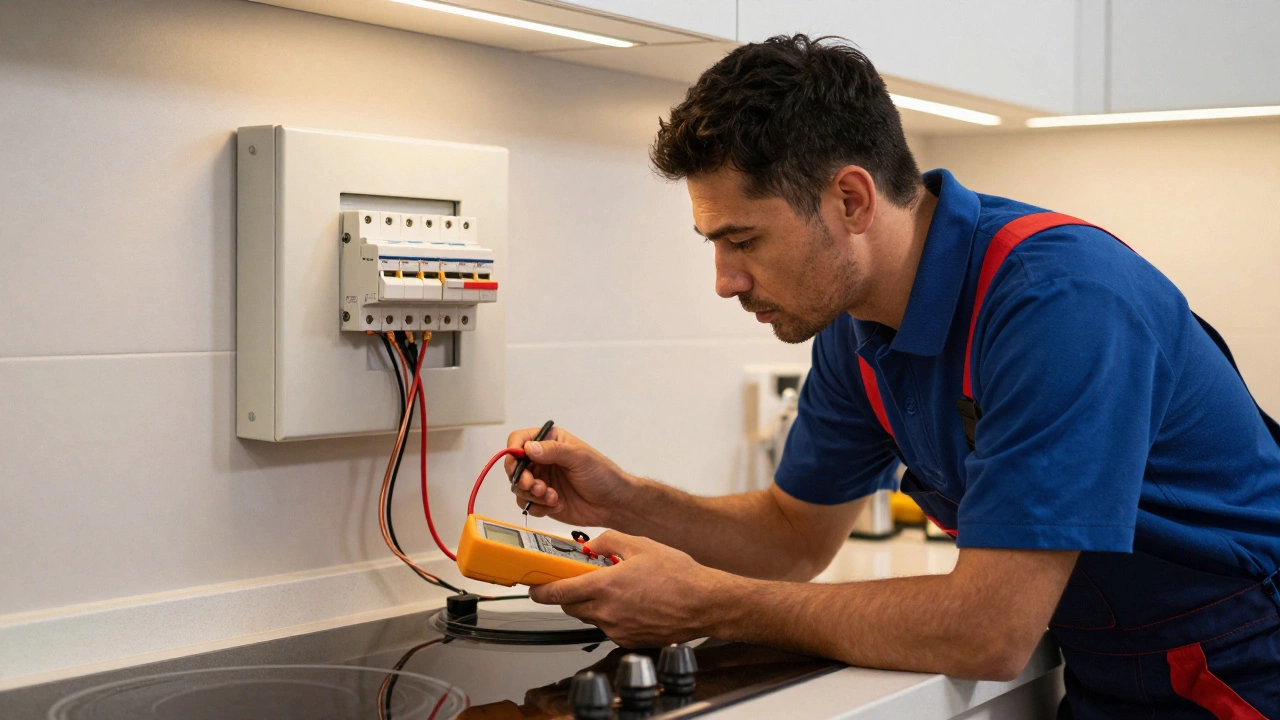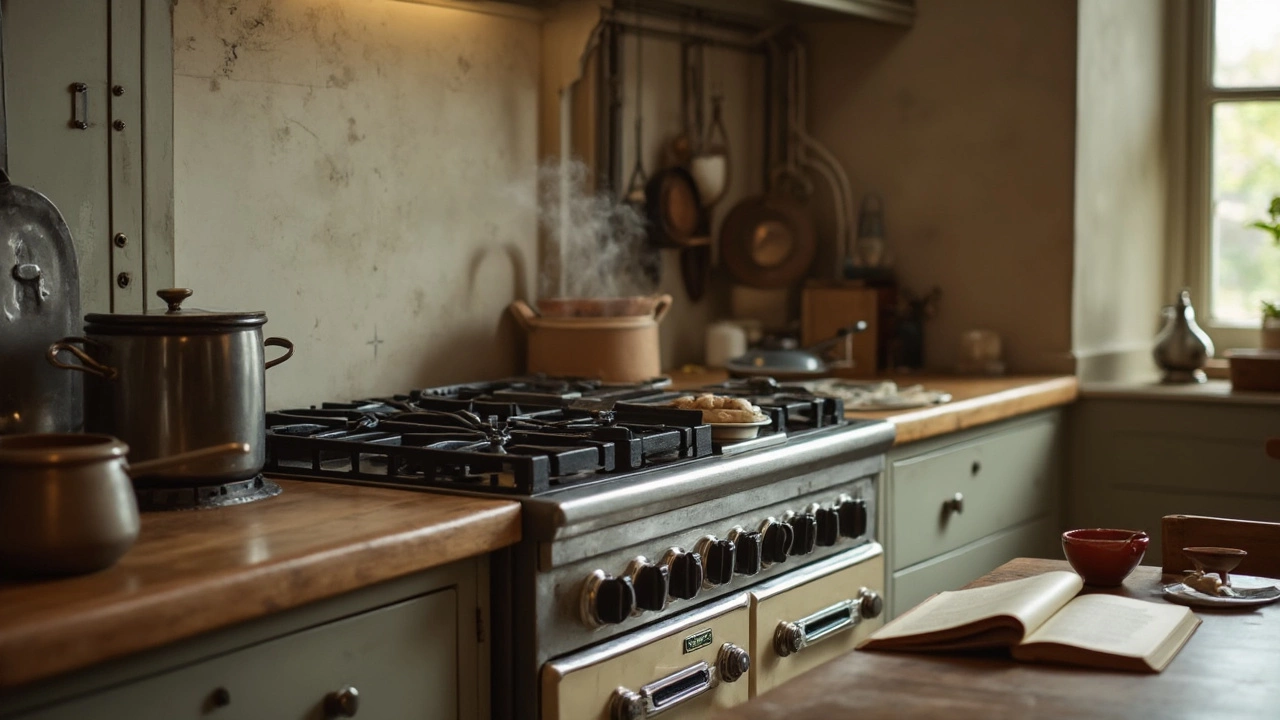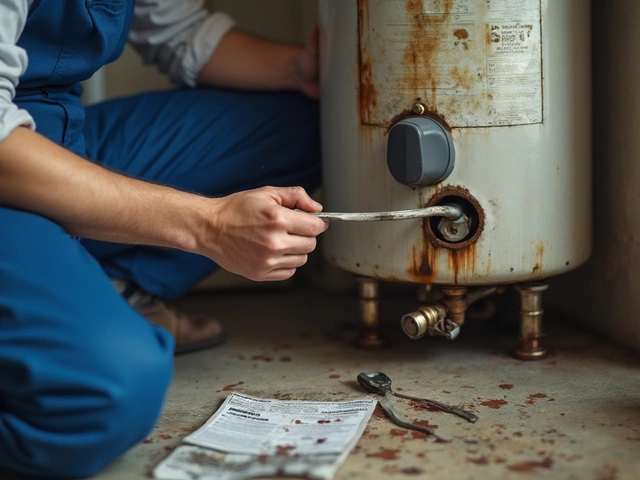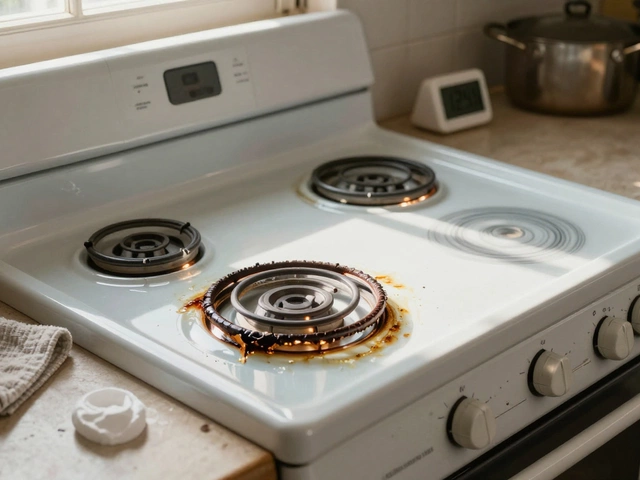DIY Guide to Installing Your Own Extractor Fan
January 12 2025Hob Repair – What Every Homeowner Should Know
Got a hob that won’t heat up, sparks, or makes weird noises? You’re not alone. Most kitchen hobs develop problems sooner or later, and you don’t always need to replace the whole unit. In this guide we’ll look at the most common electric and gas hob issues, when it’s safe to tackle them yourself, and why a certified gas engineer can be a lifesaver.
Quick fixes for electric hobs
Electric hobs are made of simple parts: heating elements, a control board, and the surface itself. If the burner isn’t getting hot, the first thing to check is the power supply. Is the plug firmly in the socket? Is the circuit breaker tripped? A quick reset can solve a surprising number of problems.
Next, give the hob a good clean. Food residue can creep into the gaps around the elements and cause overheating. Use a non‑abrasive cleaner and a soft cloth – no steel wool, as it can scratch the surface and create hot spots.
If the hob still won’t heat, the heating element may be broken. Most manufacturers sell replacement elements for a fraction of the cost of a new hob. Swapping them out is a DIY job for anyone comfortable with basic tools, but be sure to unplug the unit first and follow the manual step‑by‑step.
Gas hob replacement – why a gas engineer matters
Switching a gas hob isn’t as simple as loosening a few screws. Gas lines are involved, and a small mistake can lead to leaks, carbon monoxide hazards, or a failed inspection. That’s why hiring a qualified gas engineer is not just a legal requirement in many areas, it’s the safest route.
A professional will check the pipework, ensure the new hob is correctly calibrated, and test for leaks with a detection device. They’ll also make sure the appliance complies with local safety standards, which can save you time and money if you ever need to claim insurance.
If you’re set on a DIY approach, at least read the manufacturer’s guide thoroughly and consider getting a certified gas safety check after you finish. Remember, the cost of a gas engineer is a small price compared to the risk of a fire or a health issue down the line.
Besides safety, a gas engineer can give you advice on the best model for your kitchen layout and cooking style, helping you avoid future repairs.
How long should a hob last?
On average, a well‑maintained hob will give you 10‑15 years of service. Electric hobs tend to last a bit longer because they have fewer moving parts, while gas hobs can wear out faster if the burners are used heavily or the gas pressure fluctuates.
Key factors that affect lifespan include:
- Frequency of use: Daily cooking accelerates wear.
- Cleaning routine: Regularly removing spills prevents corrosion.
- Quality of installation: Poor gas connections can cause early failure.
- Water hardness: Hard water can leave mineral build‑up on electric elements.
Doing a quick visual check every few months can spot early signs of trouble – cracked glass, rusted burners, or uneven heating. Catching these issues early often means a simple part replacement rather than a full overhaul.
When you do notice a problem, don’t ignore it. A hob that’s not heating properly can affect the taste of your food and, in the case of gas, become a serious safety hazard.
Maintenance tips to keep your hob happy
1. Wipe spills as soon as the surface cools. Sticky residues can bake onto glass and become hard to remove. 2. Use the right cookware. Flat‑bottomed pots sit evenly on the heating zone and reduce stress on the burners. 3. Schedule an annual safety check if you have a gas hob. A quick inspection by a gas engineer can catch leaks before they become dangerous. 4. Replace worn‑out parts promptly. A cracked igniter or a frayed power cord won’t fix itself. 5. Keep the ventilation around the hob clear. Good airflow helps both electric and gas hobs stay cool and extend their life.
When in doubt, give Bedford Gas Appliance Repair Services a call. Our certified engineers can diagnose the issue, fix it on the spot, and advise you on how to keep your hob running smoothly for years to come.
 4 Dec
4 Dec
Do You Need an Electrician to Replace an Electric Hob?
Replacing an electric hob requires professional electrical work due to high voltage, safety codes, and warranty rules. DIY installation risks fire, insurance denial, and costly mistakes. Always hire a licensed electrician.
Read More... 12 Jun
12 Jun
Electric Hob Repair: Can Your Broken Hob Be Fixed?
Electric hobs can often be repaired, saving you from buying a new appliance. This article covers the most common hob issues, how to spot them, and whether you can fix them yourself or need expert help. You'll also pick up some handy tips to keep your hob working for longer. With the right know-how, a broken electric hob rarely means shopping for a replacement. Let's take a look at how electric hob repair really works.
Read More... 11 Apr
11 Apr
Do You Need a Gas Engineer to Replace a Gas Hob?
Swapping out your old gas hob can seem like a DIY project waiting to happen, but is it really that simple? Before you grab your toolbox, consider the safety and legal aspects—hiring a certified gas engineer might be a lot smarter than it sounds. Delve into the pros and cons of professional versus DIY approaches, safety concerns, and whether handling gas appliances on your own is worth the risk. Discover handy tips to ensure that your new hob is installed safely and functions efficiently.
Read More... 21 Feb
21 Feb
Life Expectancy of a Gas Hob: How Long Should It Last?
Gas hobs are a staple in many kitchens, known for their efficiency and quick heat control. But like all appliances, they don't last forever. Understanding how long your gas hob is likely to last can help you plan for repairs or replacements. This article breaks down the factors affecting the lifespan of gas hobs and provides tips on maintaining them for longevity.
Read More...



